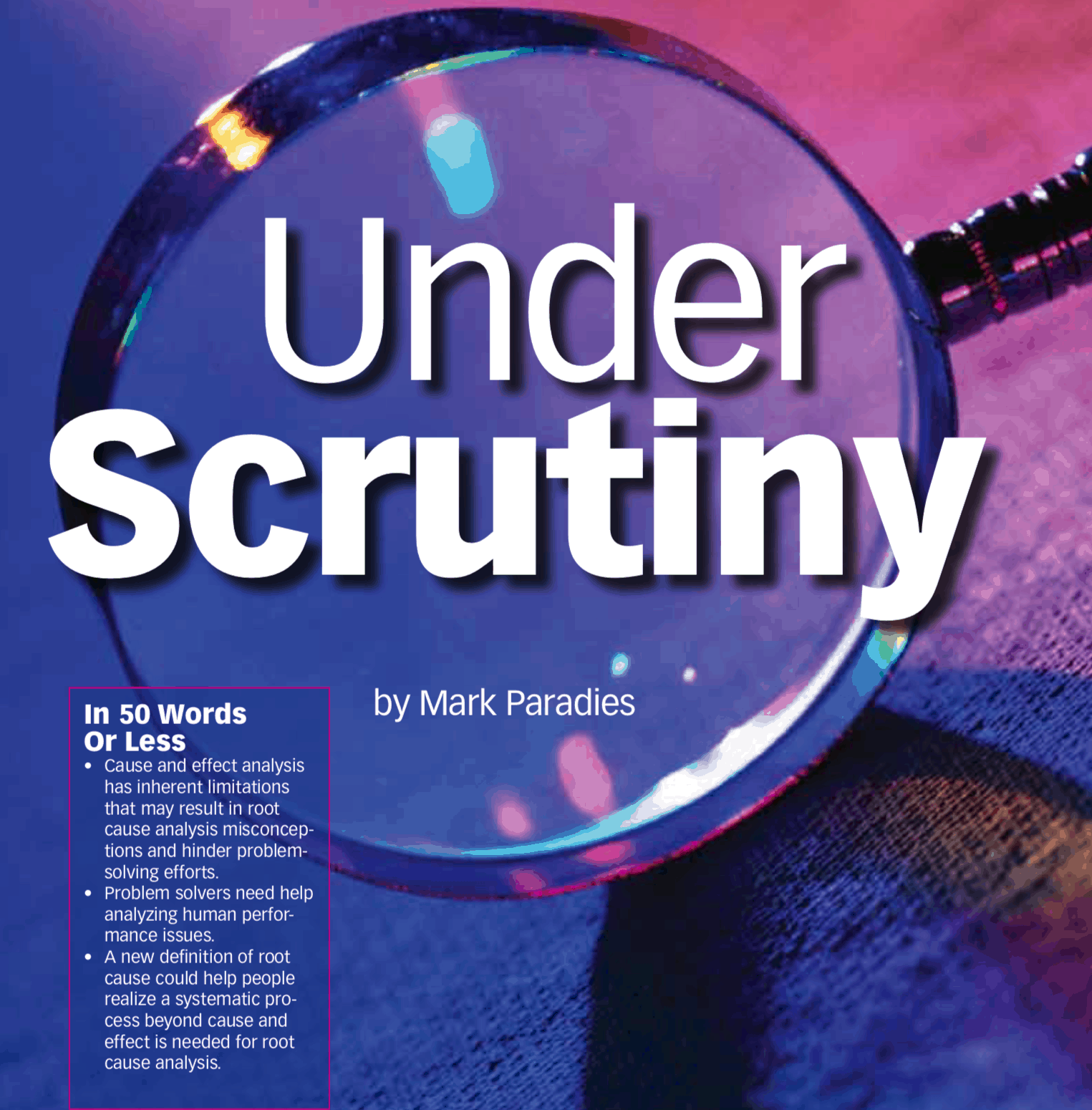
The Court held that the law’s sole justification was economic protectionism, which made it an improper use of the state’s police powers to regulate alcohol. My final point acknowledges a flaw in the test namely, that, as currently applied, it is too deferential because it allows laws to be upheld based on a conceivable permissible purpose, and.Recently, the South Carolina Supreme Court issued a decision striking down a state law that limited the number of liquor retail outlets that a single owner could operate within state boundaries. Second, the Court has basically gotten it right about when to apply the rational basis test-using it to analyze government economic regulations and social welfare legislation when there is no discrimination based on a suspect classification or infringement of a fundamental right. First, balancing between individual freedoms and government interests is inevitable in constitutional law, and the rational basis test is a necessary and desirable way of doing so when deference to the government is appropriate. In defending the rational basis test as it has been defined and used, I want to make three points. The rational basis test is enormously deferential to the government and only rarely has the Supreme Court invalidated laws as failing rational basis review. (8) That is, the law will be upheld unless the challenger proves that the law does not serve any conceivable legitimate purpose, or that it is not a reasonable way to attain the intended end. Under the rational basis test, the challenger of a law has the burden of proof. (7) The means chosen need be only a reasonable way to accomplish the objective. In fact, the goal need not be the actual purpose of the legislation, but rather any conceivable legitimate purpose. (6) In other words, the government's objective only need be a goal that is legitimate for the government to pursue, which means any objective that it is legal for the government to pursue. Under the rational basis test, a law will be upheld if it is rationally related to any legitimate government purpose. Likewise, laws where liberty or property are deprived must always pass the rational basis test, though sometimes heightened scrutiny is appropriate. (4) Under equal protection, all classifications must at least meet this level of review, though laws that draw certain kinds of classifications must meet a higher standard.

Under the Carotene Products framework, the rational basis test is the minimum level of review. However, a "more searching judicial inquiry" is appropriate when a law interferes with individual rights, restricts the ability of the political process to repeal undesirable legislation, or discriminates against "discrete and insular minorities." (3) It is a framework of general judicial deference to the legislature but with those particular matters distinguished for more intensive judicial review. (2) The Court explained that courts generally should presume that laws are constitutional. (1) There, the Supreme Court articulated the idea that different constitutional claims would be subjected to varying levels of review.

The Supreme Court got it right in its famous footnote four in United States v. The Inquiry as to the Government's Purpose B. MAKING THE RATIONAL BEST TEST MEANINGFUL A.

RATIONAL BASIS REVIEW SHOULD BE USED FOR ECONOMIC AND SOCIAL WELFARE LAWS III.


 0 kommentar(er)
0 kommentar(er)
